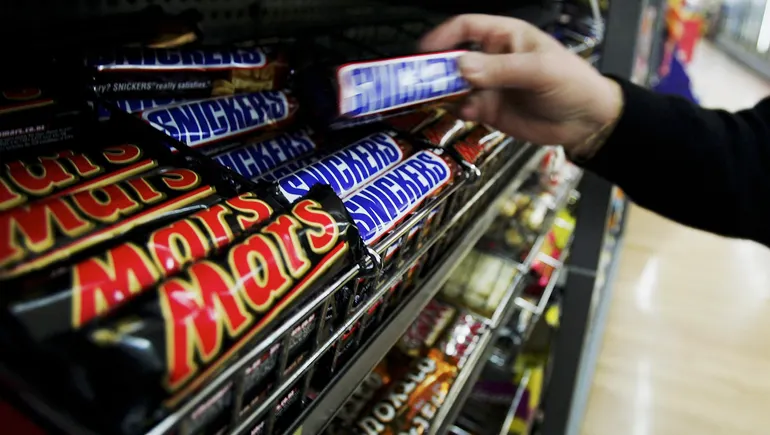Mars, the confectionery giant known for brands like Snickers, Twix, and M&M’s, recently made a significant move towards sustainability by signing its first set of U.S.-focused clean energy contracts with Italian energy company Enel. The goal of these power purchase agreements is to decarbonize Mars’ supply chain while meeting its electricity needs.
According to a press release on September 11, the agreements between Mars and Enel North America will support the development of renewable energy projects that benefit both Mars and its suppliers. This partnership aims to build energy resilience for Mars while reducing its carbon footprint. The contracts are estimated to generate 1.8 terawatt-hours of clean energy annually, helping Mars avoid approximately 700 kilotonnes of carbon dioxide equivalent per year.
One of the key aspects of this collaboration is the utilization of clean energy output produced by Enel’s three solar plants in Texas. Enel has implemented a sustainable practice called “sheep grazing” to manage vegetation at these sites. This practice involves using sheep to control vegetation under and around solar panels instead of using mechanical mowers or herbicides. Last year, Enel signed a contract with Texas Solar Sheep to deploy over 6,000 sheep at eight solar plants in the state.
The partnership with Enel is part of Mars’ “Renewable Acceleration” program, launched in April to accelerate the transition from fossil fuels to clean energy across its entire supply chain. Mars aims to source renewable electricity for all its operations, from supporting farms that grow ingredients to powering trucks that deliver products and even the energy used by consumers at home.
Kevin Rabinovitch, Mars Global Vice President of Sustainability, highlighted the significance of the Renewable Acceleration program in cutting emissions at a scale and speed that traditional approaches could not achieve. Mars expects the program to reduce around 3 million tonnes of carbon emissions from its supply chain by 2030, representing 10% of its total carbon footprint based on a 2015 baseline.
Overall, Mars’ partnership with Enel marks a significant step towards sustainability and demonstrates the company’s commitment to reducing its environmental impact while promoting clean energy across its supply chain.


